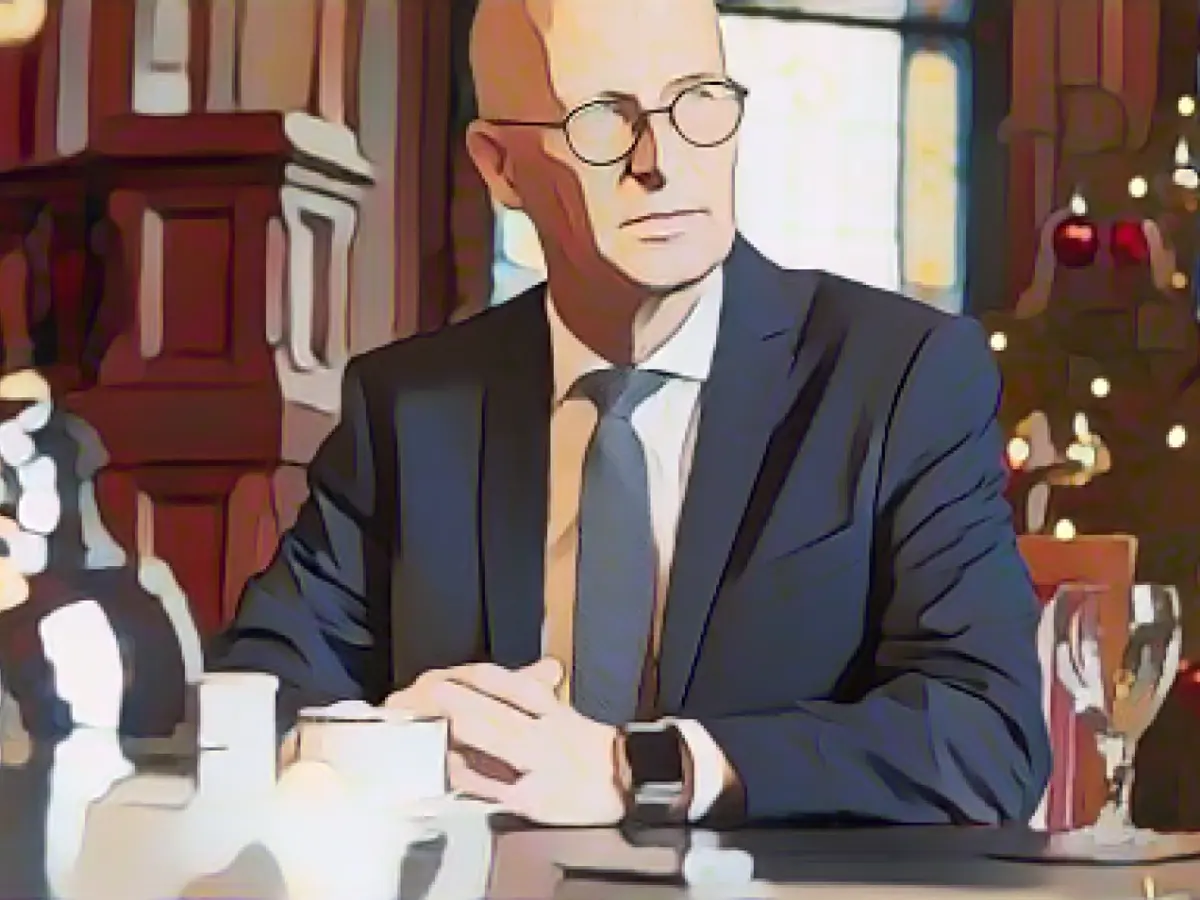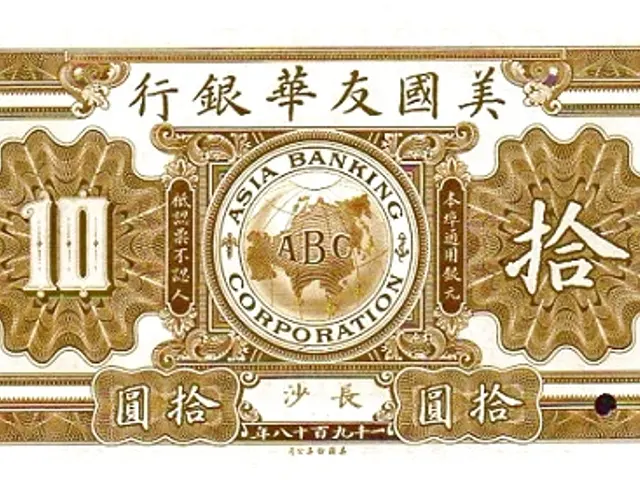SPD on the Right Track Despite Troubled Polls: Union Strengthens Traffic Light System
Hamburg's mayor, Peter Tschentscher, a prominent SPD member, remains optimistic about his party's trajectory despite its dismal approval ratings in federal elections and for Chancellor Olaf Scholz. According to Tschentscher, the SPD's electoral victory and Scholz's appointment as chancellor prove that the coalition government's performance should be evaluated against the backdrop of pressing challenges and crises.
The cohesion of the three-party alliance between SPD, Greens, and FDP is expected to strengthen as the CDU/CSU lacks viable alternatives, despite divergent viewpoints within the coalition. Tschentscher believes that the government's current mandate calls for far-reaching decisions to address significant issues, such as infrastructure renovation, bolstering the Bundeswehr, and advancing the energy transition through substantial renewable energy expansion.
The challenges ahead for the SPD and coalition government are far from simple, and critics are quick to point out that approval ratings often take a dip in the middle of a legislative period. Past federal administrations have also experienced a decline in popularity during this stage. However, Tschentscher remains confident that the SPD's approval ratings will rebound as stability returns.
Recent polls have shown the SPD's approval ratings plummeting to 14%, prompting criticism of Scholz's performance, earning him a negative record for a Federal Chancellor. The CDU has urged Scholz to call for a vote of confidence and, if necessary, stage new elections, citing the Federal Constitutional Court's budget ruling as justification.
Dismissing the idea of an early end to the traffic light system, Tschentscher argues that the coalition's results following the last election were less than desirable, but a replacement following a new election would hardly be ideal. The CDU/CSU's actions are currently helping to stabilize the coalition, making it clear that everyone involved is now responsible for solving the issues at hand without the CDU.
Insights:
- The SPD, and the coalition government as a whole, face several internal and external challenges associated with their party and governing responsibilities.
Overcoming these challenges is crucial for maintaining the SPD's position within the German political landscape.
- Economic indicators predict future stagnation for Germany's economy due to structural problems, exacerbated by conflicts over crucial economic revival measures and the debt brake policy.
Addressing these economic issues and crafting a compelling vision for Germany's future will be essential for the SPD's success in upcoming elections.
- The SPD, along with other parties, risk failing to pass the 5% electoral threshold in the 2025 Bundestag elections, adding further uncertainty to the mix.
The upcoming elections will have significant implications for the SPD's role within German politics.
- Prime public concerns, such as security, economic stability, and social welfare, must be addressed by the SPD as they remain pressing issues in the German electorate.
The ability to articulate a clear vision and address these concerns will help maintain the SPD's popularity and standing in the next election.
The SPD and the coalition government face numerous challenges ahead, but Peter Tschentscher's optimism highlights the importance of persevering and addressing these issues to ensure Germany's continued success. The outcome of the 2025 Bundestag elections will have significant implications for the SPD and its role in the German political landscape.




